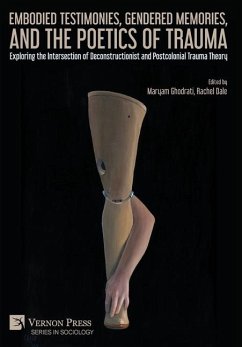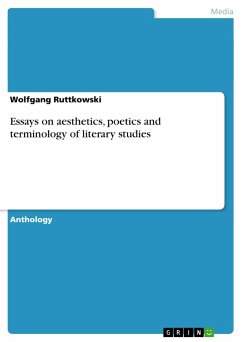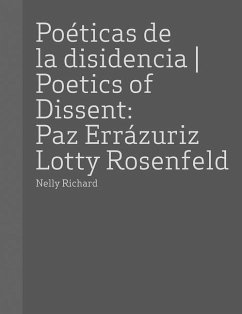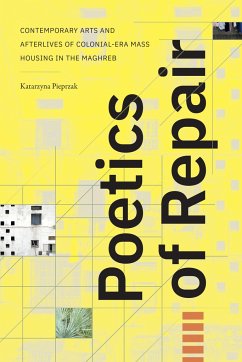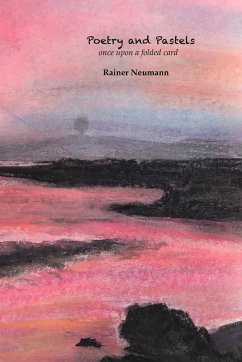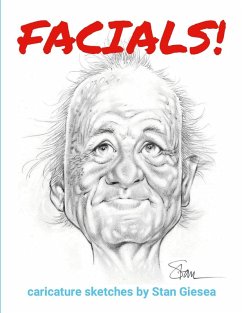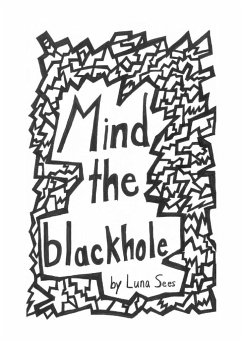
Poetics
Versandkostenfrei!
Versandfertig in 1-2 Wochen
9,49 €
inkl. MwSt.

PAYBACK Punkte
5 °P sammeln!
Poetics is one of Aristotle's greatest works; the philosopher's grand and insightful essay on art and its purposes. Why must a story have a beginning, a middle, and an end? How can we define tragedy, and what is the artistic purpose of it? Is there one "ideal" kind of drama? What is the nature of poetry? How consciously should poets and playwrights construct their work? All these questions, and others, are discussed and debated in this, perhaps the single most significant text in Western critical tradition. Writers, actors, students of literature, and armchair philosophers will find it a chall...
Poetics is one of Aristotle's greatest works; the philosopher's grand and insightful essay on art and its purposes. Why must a story have a beginning, a middle, and an end? How can we define tragedy, and what is the artistic purpose of it? Is there one "ideal" kind of drama? What is the nature of poetry? How consciously should poets and playwrights construct their work? All these questions, and others, are discussed and debated in this, perhaps the single most significant text in Western critical tradition. Writers, actors, students of literature, and armchair philosophers will find it a challenging¿and rewarding¿read.



